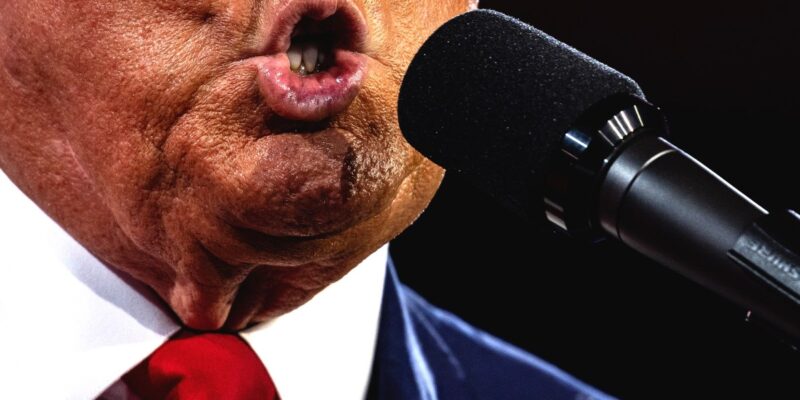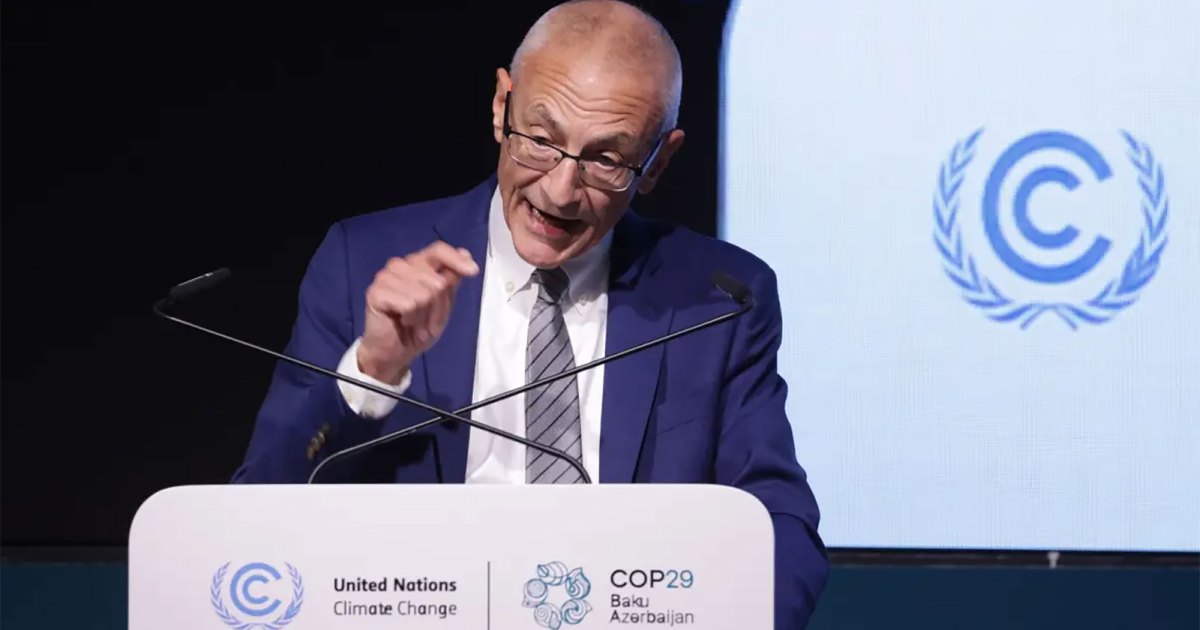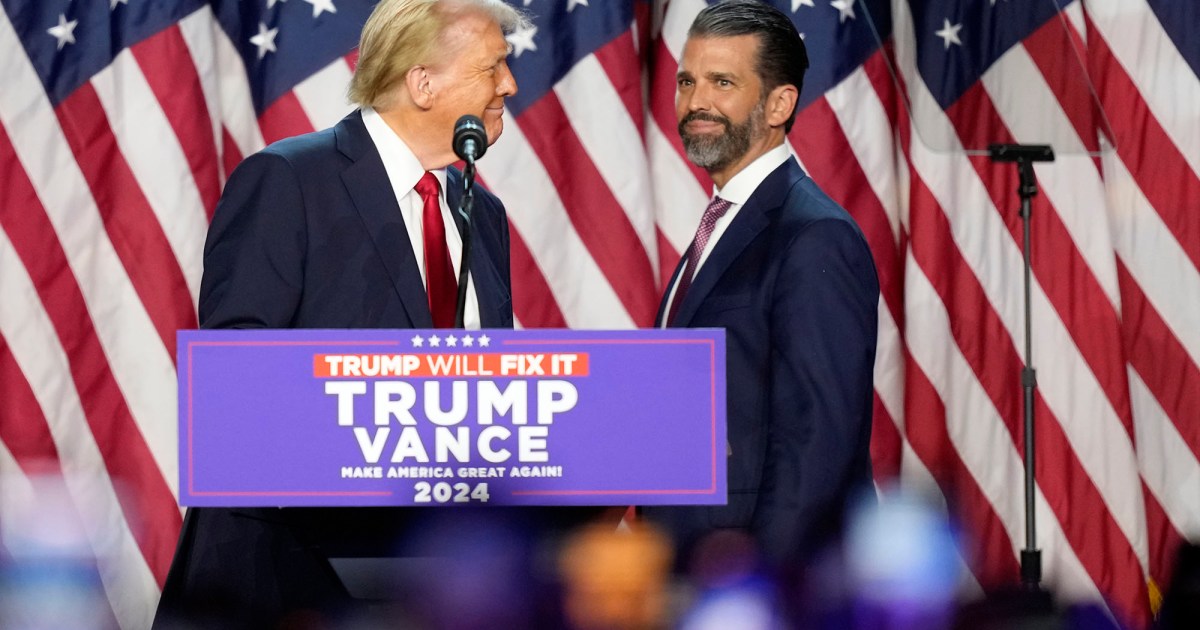
The public has long been accustomed to Donald Trump saying outrageous things, even when he appears to encourage political violence. It’s almost as if his aggrieved and menacing rhetoric has become a normal part of American politics.
This normalizing effect is no accident; research shows it’s the result of a strategy utilized by autocrats. Ever since Trump was president, his approach to messaging has included a method of incitement known to security experts as stochastic terrorism. He frequently uses inflammatory and dehumanizing language that elicits rage against political “enemies” among his extremist supporters—yet his rhetoric is always deliberately ambiguous enough to deny that he inspired any subsequent acts of violence.
Exhibit A for how this works: Demonize a political adversary as “sick” and “crazy” and responsible for national demise—as Trump and his allies long did to former House Speaker Nancy Pelosi—and eventually some troubled person may stalk her with a hammer and zip ties and brutally attack her husband. Republicans in thrall to Trump then help him dodge blame by dismissing the violence with conspiracy theories and mockery. Trump further reinforces these effects by telling a crowd of roaring fans he thinks Pelosi is an “animal.”
Demagoguery in politics is as old as the republic, but no president has ever engaged in a campaign of incitement against Americans like Trump has. It has worked on individuals and mobs, the latter most infamously when Trump paved the way for the January 6 insurrection. After the 2020 election, I was among the first to report on this campaign of terrorism by the freshly defeated president, about three weeks and then just a few hours before the attack on the US Capitol. Pelosi’s name was on the lips of the armed and violent Trump extremists there, too. (It’s also worth reiterating that use of the term terrorism in this context comes from a bipartisan group of leading national security experts, as I reported back then.)
With the 2024 election now entering the homestretch, the risk for political violence is once again heightened, according to threat experts I spoke with recently, who asked not be identified. Highest on the list of dangers, they say, is extremist violence stemming from white supremacist groups and Trump’s MAGA movement.
“It’s a top focus and has been for a while,” a senior federal law enforcement agent working in threat assessment and counterterrorism told me. “It’s been very busy, about as much as we’ve seen since after Mar-a-Lago,” he said, referring to the 2022 raid by the FBI to recover highly classified documents from Trump’s Florida estate, which was met with a wave of vitriol and disinformation from the ex-president and his allies. A state law enforcement official in counterterrorism I spoke with noted a heightened focus on far-left extremism in connection with the Israel-Hamas war, but concurred that domestic far-right extremism remains the top concern. (Both sources declined to comment specifically on the role of Trump’s rhetoric, though one observed that “it’s obviously not helpful.”)
“I’m very worried about what could happen in the next few months and around the election,” another security expert, who works in the private sector and consults for the federal government, told me.
Among Trump’s many targets over the years have been immigrants, journalists, judges, and law enforcement officials. Threats and violence have followed. Proving a direct connection is all but impossible—and that’s the point, the madness in the method, so to speak. But in various cases a connection also isn’t difficult to see: a mass shooter claiming to be motivated by a migrant “invasion,” after Trump and his Fox News allies hyped such fears. A sharp rise in death threats against journalists, after Trump and his advisers blasted the media as the “enemy of the American people.” A thwarted attack by a Trump supporter on an FBI field office, after Trump let loose over the Mar-a-Lago raid and after his ally Rep. Paul Gosar of Arizona said, “We must destroy the FBI.”
Trump has been told about the dangers of his rhetoric—they were highlighted for him by his own advisers.
Despite the fact that Trump has been out of office for almost four years and is now a convicted felon, his relentless campaign of incitement continues apace. In a speech last weekend, he further dehumanized migrants by floating the idea that they should be put into their own fighting league and then pitted against UFC champions. “I think the migrant guy might win, that’s how tough they are,” Trump said.
He played up the notion of their brutality also by repeating his unsubstantiated smear that undocumented immigrants are coming from “prisons and mental institutions.” Last year, Trump used Nazi-style rhetoric to declare that those he views as political enemies “live like vermin within the confines of our country” and that immigrants are “poisoning the blood of our country.” As I’ve reported previously, behavioral research has shown that fueling political anger with disgust and contempt produces a potent hatred that increases the likelihood of violence.
Early this week, Judge Aileen Cannon held a hearing in federal court on special counsel Jack Smith’s request to stop Trump from continuing to intentionally inflame his supporters with verbal attacks against the FBI. That includes Trump’s recent false claim that the FBI was poised to kill him at President Joe Biden’s behest when agents raided Mar-a-Lago in 2022. Coverage of Monday’s proceedings suggested that Cannon was skeptical of the request, but as Smith argued in a court filing, “Comments like those create an immediate threat to the safety of law enforcement professionals.” Smith cited another recent example of a Trump supporter who he said posed danger: a Texas man who allegedly called and threatened an FBI agent associated with the federal gun case against Hunter Biden. The man allegedly accused the agent of covering up worse crimes by Biden and threatened to “hunt down” and “slaughter” FBI agents and their families.
Trump’s targeting of the judicial system, particularly in response to the criminal cases against him, has caused a surge in threats against judges and prosecutors, according to data from the US Marshals Service and a recent Reuters investigation. During the hush-money case against Trump in New York, he blasted away on social media at the district attorney and the judge in the case; both faced increased threats against them and their families and employees.
Trump’s intent is evident from the fact that he has been told about the dangers of his rhetoric—they were highlighted for him as president by his own counterterrorism advisers. Those advisers informed Trump that language from his speeches and campaign materials had been used “as justification for acts of violence,” according to Elizabeth Neumann, who served as an assistant secretary of homeland security for counterterrorism and threat prevention under Trump until April 2020. “The president has repeatedly been confronted with this fact,” she wrote in a Washington Post op-ed a few months after resigning.
Such pushback from people around Trump seems far less likely today, with so much of the GOP capitulating to his behavior, if not adopting his tactics of incitement themselves. The question now isn’t about whether Trump will continue to stoke political violence in this way through the election. It’s about when and to what extremes he might do so, and how much more that will boost the odds of further violence to come.















